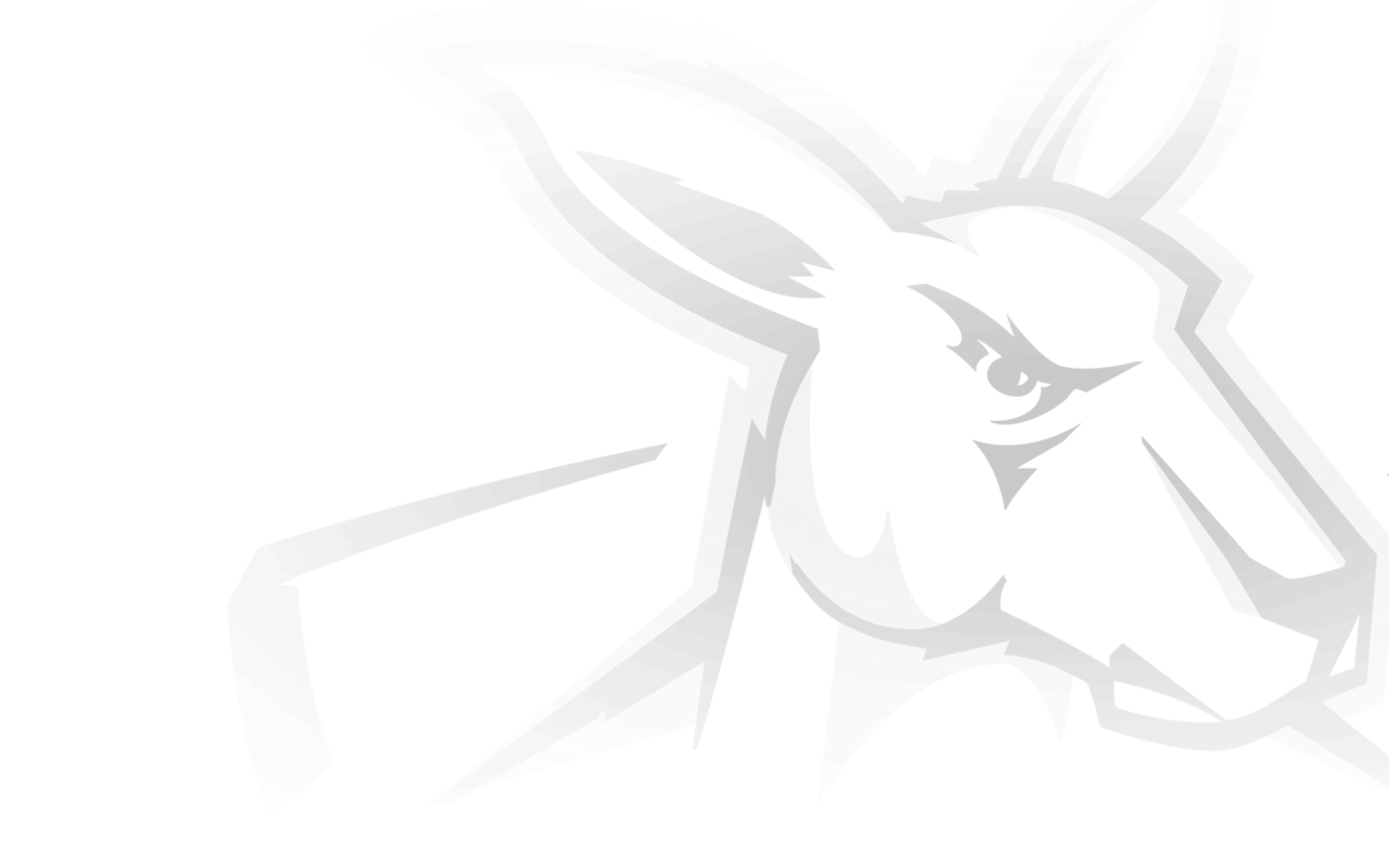The 2020 Toyota AFL Premiership Season is finally due to return on June 11.
In the aftermath of the unprecedented suspension of play - and with the help of ahm health insurance (keeping it simple) - here is what we know about the AFL's reboot.
When will the season resume?
The AFL season will officially resume on June 11. While a fixture is not yet known, round two will commence from that particular Thursday evening and the full home and away season will then hopefully roll unimpeded throughout the next 16 weeks. It will then be completed with the normal four-week finals series. As flagged by AFL CEO Gillon McLachlan, that would roughly ensure that the Grand Final is played on October 24. However, due to the unprecedented series of events that have preceded this and the unpredictable nature of this pandemic, the situation remains fluid. Training for all clubs will resume on May 18.
How will it be structured?
The season will likely remain with fixtures played in their traditional timeslots between Thursdays and Sundays. While the AFL's football operations boss Steve Hocking is still finalising the logistical details, we can expect the reduced 16-minute quarters will continue after being implemented for round one in March. Questions regarding increased numbers on the interchange bench, potential unlimited rotations and how fit senior-listed players who don't feature in their club's best teams will secure match practice remains unknown. Fixtures for matches will be released in blocks of four-to-six weeks, with the first allotment of matches set to be revealed at some stage over the next week.
What are the rules at training?
Clubs will resume non-contact training in groups of eight from May 18, before returning to full-scale contact training from May 25. From there, clubs will be allowed to take part in two sessions per week, with all players and staff to follow strict medical and social distancing protocols throughout.
What are the player protocols?
Having initially been tested in the week prior to training returning, all players from across the competition must undergo COVID-19 testing at least 24 hours before every session. That ensures players will undergo a minimum of two tests per week, while guaranteeing that the results of each test will be known before they complete a session with teammates. In addition, players will also have their temperature taken upon arriving at club facilities each day. Beyond that, players will be subjected to tighter social distancing restrictions in everyday life, while the living situations of players, their family members and their housemates will also be monitored.
What happens if a player tests positive?
AFL CEO Gillon McLachlan has confirmed that the implications of a positive test result would depend on the circumstance and context of that particular player or staff member. The regular testing means diagnosing when and how a certain player has tested positive will be clearer, as well as who they have been in contact with since returning a positive test result. The scale and the implications of a positive test will be a question for medical staff. Should a player breach medical and social distancing protocols, there will be a framework of sanctions – that have been agreed upon in conjunction with the AFL Players' Association – that will punish players. That framework will be released in the coming days.
What's the situation with WA/SA teams?
All four teams from Western Australia and South Australia – including West Coast, Fremantle, Adelaide and Port Adelaide – will relocate to Gold Coast due to differing travel restrictions that will not allow clubs to fly in or out of their particular state. The Eagles and the Dockers will share The Pines Resort, while the Crows and the Power will be situated at the Mercure Resort. They will be based at these particular locations for at least the first four weeks of the season, however that could be extended depending on the ongoing restrictions imposed by their respective state governments. Western Australian clubs have been granted exemptions for contact training from May 25 and will journey to Gold Coast on the eve of the season recommencing. However, South Australian clubs are not allowed to complete contact training until June 8 and will therefore be forced to move to Gold Coast ahead of the May 25 resumption of full-scale training. It is not yet known whether the matches those four particular clubs play in Gold Coast will officially count as away games, with the fixture due to be released in the next week.



